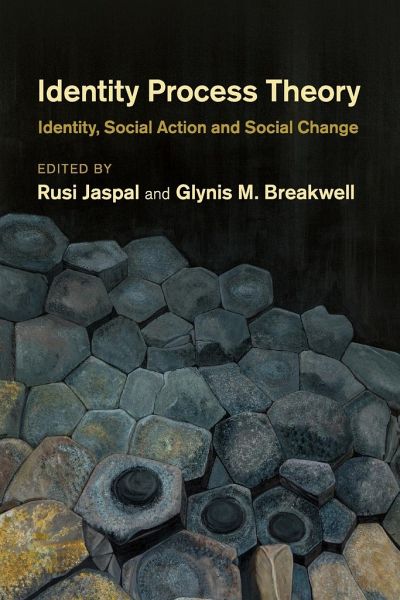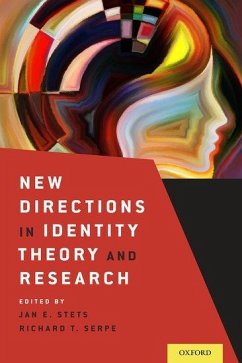
Identity Process Theory
Versandkostenfrei!
Versandfertig in 1-2 Wochen
47,99 €
inkl. MwSt.

PAYBACK Punkte
24 °P sammeln!
We live in an ever-changing social world, which constantly demands adjustment to our identities and actions. Advances in science, technology and medicine, political upheaval, and economic development are just some examples of social change that can impact upon how we live our lives, how we view ourselves and each other, and how we communicate. Three decades after its first appearance, identity process theory remains a vibrant and useful integrative framework in which identity, social action and social change can be collectively examined. This book presents some of the key developments in this ...
We live in an ever-changing social world, which constantly demands adjustment to our identities and actions. Advances in science, technology and medicine, political upheaval, and economic development are just some examples of social change that can impact upon how we live our lives, how we view ourselves and each other, and how we communicate. Three decades after its first appearance, identity process theory remains a vibrant and useful integrative framework in which identity, social action and social change can be collectively examined. This book presents some of the key developments in this area. In eighteen chapters by world-renowned social psychologists, the reader is introduced to the major social psychological debates about the construction and protection of identity in face of social change. Contributors address a wide range of contemporary topics - national identity, risk, prejudice, intractable conflict and ageing - which are examined from the perspective of identity process theory.














